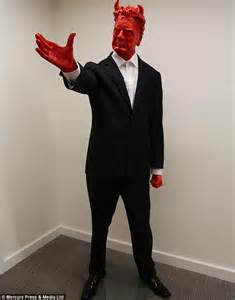A Quote by Raymond Williams
Most works of art are effectively treated as commodities and most artists, even when they justly claim quite other intentions, areeffectively treated as a category of independent craftsmen or skilled workers producing a certain kind of marginal commodity.
Related Quotes
At one point cinema and photography weren't treated as art. Now it's crazy to think they're not. The key question is "What is art today?" The most important artists of the last 20 years are Steve Jobs and Jonathan Ive, because the influence they have had is incredible and they've changed the world. That is art.
Some people in the art world bemoan the hedge fund millionaires spending freely to acquire ostentatious displays of wealth and coolth for their giddily chic designer duplexes. Others bemoan art being treated as a commodity. But most of the bemoaning is because the art world is stuffed full of bemoaners, bemoaning about everything.
What is it about a work of art, even when it is bought and sold in the market, that makes us distinguish it from . . . pure commodities? A work of art is a gift, not a commodity. . . works of art exist simultaneously in two “economies”, a market economy and a gift economy. Only one of these is essential, however: a work of art can survive without the market, but where there is no gift, there is no art.
In most every other country, 'body flying' more commonly known as BASE jumping is legal and looked upon as a beautiful art. Here in the United States, those of us who pursue human flight are treated as criminals and are forced to travel abroad to seek one of man's most fundamental desires, to fly free.
I would like to remind you that both assimilation and integration apply to the working classes in the nineteenth century, at least in Britain and also Germany. Like most outsider groups compared with the establishment, the working classes were treated more or less with the same kind of stigmatization as immigrant groups are treated today.






































